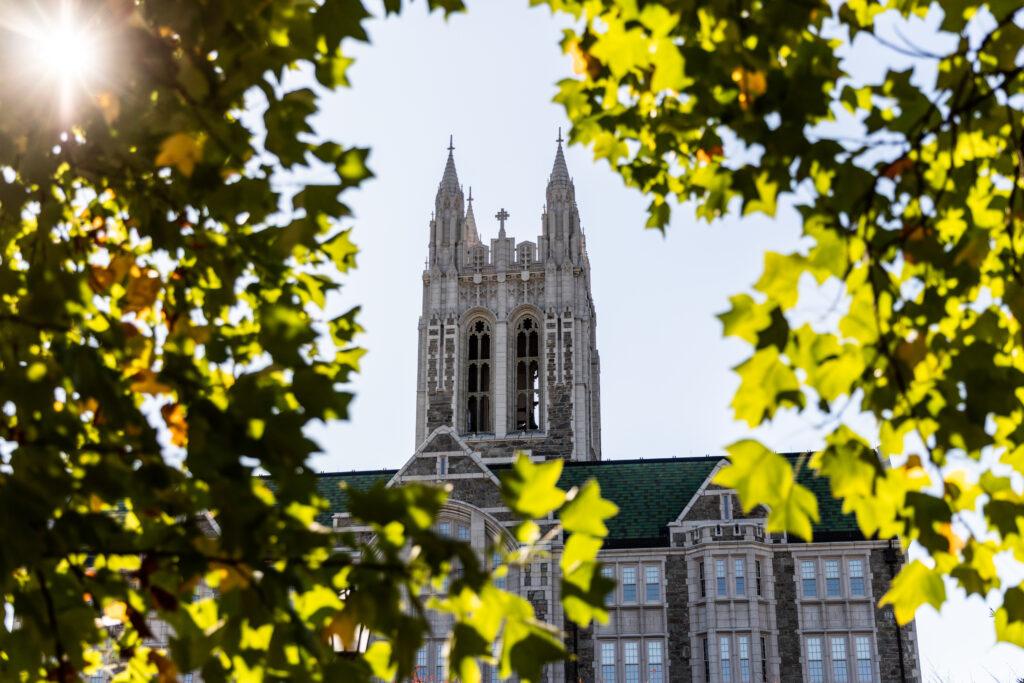PULSE’s in-classroom format remains the same as in recent years, with students attending three 50-minute in-person classes each week with one 50-minute in-person discussion section.
The curriculum, however, has been modified slightly due to COVID-19. The program now requires students to complete four hours of service and four supplemental service modules per week, a reduction from the standard eight hours of service per week with four hours allotted for travel. The service supplement modules—which are new this year—incorporate different social justice themes into weekly PULSE lessons.
“What’s really cool about this is because each faculty member curated their module, students are going to be learning from almost all the PULSE professors, not just their own,” said Meghan Sweeney, director of PULSE. “The neat thing about this for PULSE professors is that we will be doing the material with our students so we will get to learn from our colleagues as well.”
While the advent of the COVID-19 pandemic necessitated adjustment of the PULSE program, Sweeney said the continuation of the program during the 2020-21 academic year was never in doubt.
“The faculty was committed to the idea of still offering PULSE, as was the University, so that was never really a concern or a real question for us.” Sweeney said. “The question was how are we going to have PULSE meet the situation that is happening at the moment in a way that will still incorporate service but that is responsive to the needs of our community partners.”
The curriculum is not the only change to PULSE this year, as the program has added 26 new community partners, doubling the original 26 partnerships. The addition, Sweeney said, is due to the fact that many organizations PULSE partnered with in the past do not offer virtual service opportunities.
“Half of our [community] partners from last year were able to return to offer remote service for students,” Sweeney said. “We did develop 26 new partnerships and that is a large number of new partnerships for us.”
While the physical time spent volunteering and the community partners may differ this year in comparison to years past, the program still offers students opportunities for direct service.
“Many of the partnerships we have developed this year are direct service but not in person,” Sweeney said. “The service might be working with someone who is an English language learner, maybe a refugee or immigrant. It might be tutoring a student in an after school program.”
PULSE Council member Olivia Bird, MCAS ’22, said that a positive component of the virtual twist on the PULSE curriculum is that the program can now offer service opportunities in different geographic parts of the country.
“It’s opened the door to many other community partners that I really don’t think we would have discovered,” Bird said. “One of our community partners is based in New York City, and the mission of this partner is to essentially create eulogies for individuals who have passed away from COVID.”
While students will be experiencing a unique iteration of the PULSE program, Bird said, this year’s PULSE students have been very receptive to the program changes and still possess an eagerness to serve similar to years past.
“It was very evident that the excitement, the nerves, the anticipation for service were still there very much like it has been in years past,” said Bird. “The students are still understanding that relational aspect that’s at the heart of pulse.”
Featured Image by Jess Rivilis / Heights Editor



















